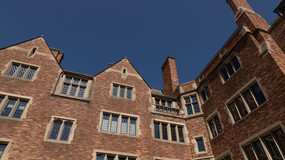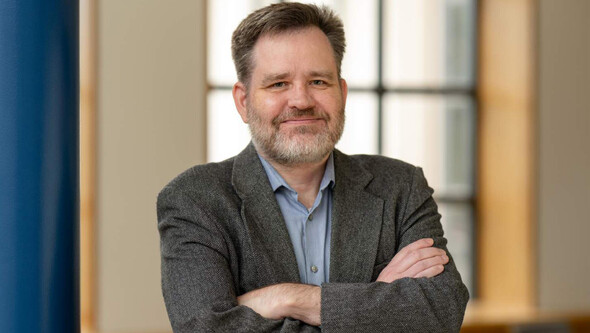
Steven G. Calabresi to Deliver Doyle-Winter Lecture
Steven G. Calabresi ’83 will deliver the Michael A. Doyle ’62 and Bunny Winter Distinguished Visiting Professor of Law Lecture on Jan. 27.

Podcast: Keith Whittington Tells Why Free Speech Can't Be Taken for Granted
On “Inside Yale Law School,” Professor Keith Whittington discusses the heightened interest in academic freedom and free speech issues on university campuses and leading a new Law School center on these topics.
Local Action with a Long Reach
The San Francisco Affirmative Litigation Project (SFALP) clinic has set a new standard for how students can impact local law.

Yale Law School Mourns the Loss of Edward J. Phelps Professor of Law and Economics George L. Priest
George L. Priest, the Edward J. Phelps Professor of Law and Economics at Yale Law School, died on Dec. 17, 2024 at the age of 77.
Yale Law School Reflects on Its Bicentennial Year
The Law School celebrated its bicentennial throughout 2024, reflecting on its past and looking to the future.

Farmworkers Sue for Abuse of Migrant Worker Program at Connecticut Farm
The Worker and Immigrant Rights and Advocacy Clinic represents plaintiffs in a case against a Cheshire, Connecticut farm and wholesale nursery.

Lowenstein Clinic and Partners Publish Report on Family Separations at U.S. Border
Efforts by the U.S. to help children separated from their families at the border have not adequately reckoned with the severe harm inflicted on them, the report says.

Abrams Institute Report Assesses the Future of the Press Clause
The report concludes that the First Amendment’s freedom of the press provision has been all but ignored by the Supreme Court and recommends that the provision be read and applied more broadly.






